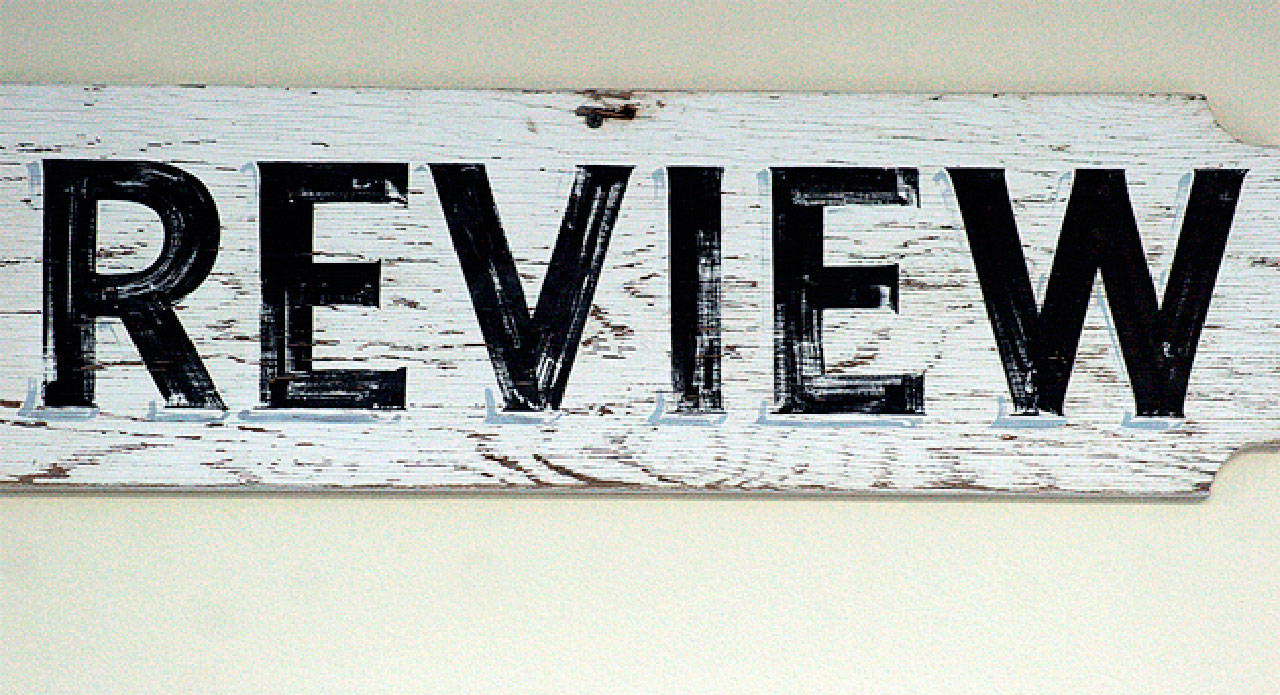We’re witnessing an uprising of young adult voices today. They’re telling us the problems grownups won’t solve have straightforward solutions.
And they have ideas to solve them. Solutions such as acceptance, for the right to be who they wish; respect in honoring one another’s personal space and rights, regardless their gender; and common-sense laws for guns in society.
They’re also demanding a holistic education rather than academics-only during their most important growth years.
In her Viewpoint letter to the Review, Audrey Weaver’s experience in our school system reinforced what we parents, and emotional health practitioners, have long advocated: All aspects of our children’s lives must be supported and educated throughout the course of their island education. For decades, public schools have concentrated on one dimension only. If our children are to become emotionally healthy educated adults, who are also capable of meaningful relationships; with others, themselves and the world, education must be built upon an early foundation of self-acceptance, self-love and self-worth. This engenders empathy, openness and acceptance of others.
And, because research tells us learning is emotional and social, we can help them realize their inherent personal gifts while instilling in them that talking with others, face-to-face is another uniquely human gift for continued happiness throughout their lives. This starts in pre-K by teaching them to identify, validate and roll with their full range of emotions, then those of their classmates. It is this Social and Emotional Learning (SEL) that must be woven into our public-school curriculum. Decades of research in human development, cognitive and behavioral neuroscience, and educational methodologies have shown that critical areas of human development; social, emotional, cognitive and academic are deeply interconnected in the brain. And all are foundational to learning.
Last year, in acknowledgment of the parental concern for the emotional wellbeing of their children, the Bainbridge Island School District, to their credit, announced their intent to address the social and emotional needs of students.
As a parent with skin in the game and an emotional health consultant, getting detailed information, a curriculum or a plan has not been easy. Actually, it has not been available. I have spoken with teachers who’ve said they’ve not been provided a curriculum, or any structured training themselves in SEL to teach and learn to model the principles. When will this begin? And when will parents be able to read this new important curriculum?
There have been hopeful signs in junior high and high school that at least some symptoms associated with “mental” health are starting to be addressed. And while the guest speakers, some “units” of study, and coping skills seminars have started the ball rolling, it is my hope — and my concern — that an empirical-based program with demonstrable benchmarks starting in pre-K and building progressively to 12th grade will be taught to teachers as well as published for parents to see very soon. Such an SEL curriculum exists, already integrated with academics and currently utilized to significant effect in other U.S. school districts. Most notably, in the state of Illinois, for instance (www.CASEL.org). It is well-documented and importantly, grade and skill set-specific.
The current stand-alone seminars and the like, addressing symptoms and “coping skills,” while a start, continue to reflect the traditional reactive model of education and much of emotional health treatment available today: A one-dimensional, top down, administrative approach.
We know now however, it is a preventive, bottom-up approach that is required; teaching and lifting our kids from a strength model rather than the usual deficit model.
It is laudable, and I am both grateful and proud that our children are offered a rigorous academic curriculum to give them a leg-up, and as Audrey states, to make them “college-ready” — scholastically.
However, our urgent obligation today is to fundamentally change the way we educate; to prepare and build up the whole person, as Audrey referenced in her letter, “…for life…” before, during, “…after…” and far beyond…high school.”
In light of the rise in emotional health problems we are seeing, including depression, anxiety, suicide and teen suicide attempts, we as a community and a society have no time to continue with outdated methods presenting isolated symptoms of “mental health” to students. Who of you reading this has not been affected personally or by one degree by depression, anxiety or some other emotional health issue? Indeed, they are universal experiences, simply a part of our humanity, and have been for centuries.
It is the ultimate irony then that we allow a baseless stigma to continue to choke the very remedy that helps alleviate it: open, accepting connection, in community with others. We know now they are experiences of our totality; mind, body and soul and are soothed addressing the whole person not their “mental” state.
In our endeavor to confront this conjointly with academics we need not re-invent the wheel, or piece together individual concepts. For some time now, there have been respected, empirical-based SEL programs already integrated with academics showing results in schools across the U.S. And they are transparent and readily available.
Last week I had the honor of speaking to the ninth-grade health classes at BHS about depression, loving yourself, and knowing your gifts. It was so affirming to see kid’s eyes light up; to see them engaged. You could practically see the wheels turning.
During my talks I asked them, when they move on from high school, what will it mean to be a “success?” Every one of them said “being happy” and/or “liking what I do.”
They’re telling us they want an education for every part of their lives: academic, social and emotional. We need only listen to help them find “success.”
Chip McDermott is an emotional health consultant, former business executive, and founder and director of two community nonprofits, including CHiPTalks here on Bainbridge.



